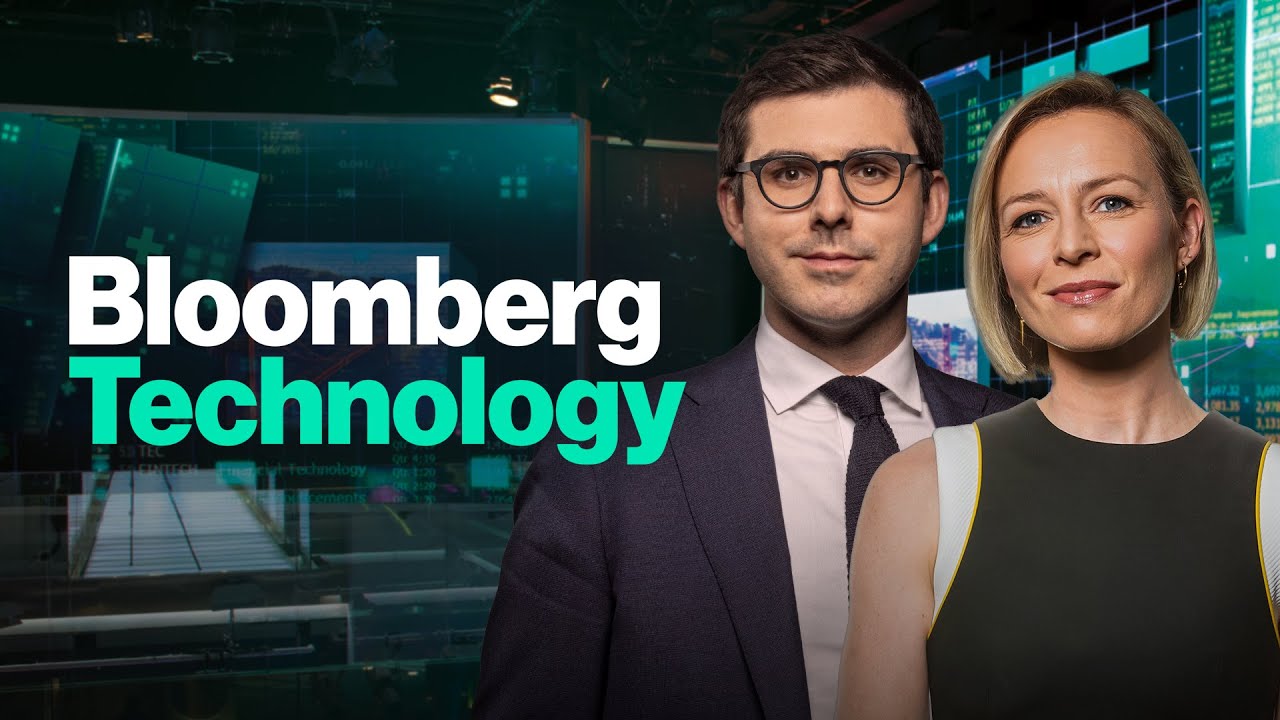The Bloomberg Technology segment highlights a tech sector selloff driven by disappointing earnings and increased competition from Chinese AI companies, raising concerns about the sustainability of AI advancements and the vulnerability of hardware firms. Additionally, President Trump is set to meet with top tech executives to discuss trade policies and domestic manufacturing amid fears of tariffs impacting the industry.
The Bloomberg Technology segment discusses the ongoing selloff in the tech sector, driven by disappointing earnings and heightened competition from Chinese AI companies. The NASDAQ 100 is experiencing its longest losing streak since August, with significant declines in major tech stocks like NVIDIA and Marvell. Concerns are mounting over whether the gains in AI technology can sustain themselves amid fears of cheaper alternatives emerging from China, particularly from companies like Alibaba and Tencent, which have recently unveiled new AI tools.
As the market reacts to these developments, analysts are questioning the fundamentals of tech stocks, suggesting that traditional metrics may not matter in the current climate. The conversation highlights the anxiety surrounding hardware companies, which are particularly vulnerable to reduced spending on technology. Software companies may fare slightly better, but the overall sentiment remains cautious as investors grapple with the implications of AI advancements and competition from abroad.
President Trump is set to meet with top tech executives, including those from HP, Intel, IBM, and Qualcomm, to discuss trade policies and domestic manufacturing. This meeting comes amid concerns about tariffs and their potential impact on the tech industry, especially regarding supply chains that rely heavily on China. The executives are likely to address the challenges posed by tariffs and the need for supportive policies to bolster U.S. tech companies in the face of international competition.
The segment also touches on the implications of new AI developments from China, which have sparked a surge in trading for Chinese tech stocks. Alibaba, for instance, has seen a significant increase in market value, raising questions about the ability of U.S. firms to compete effectively. Analysts note that while U.S. tech companies have been investing heavily in AI, the cost-effectiveness of Chinese models could disrupt the market dynamics, leading to a reevaluation of growth expectations.
Finally, the discussion shifts to the broader implications of these trends for the tech industry, including the potential for increased defense spending in Europe and the growing interest in AI and autonomy among venture investors. The segment concludes with a focus on the challenges faced by female founders in the tech space, highlighting the ongoing gender gap in venture capital funding and the importance of strategic investments in education and skills development to bridge this divide.
